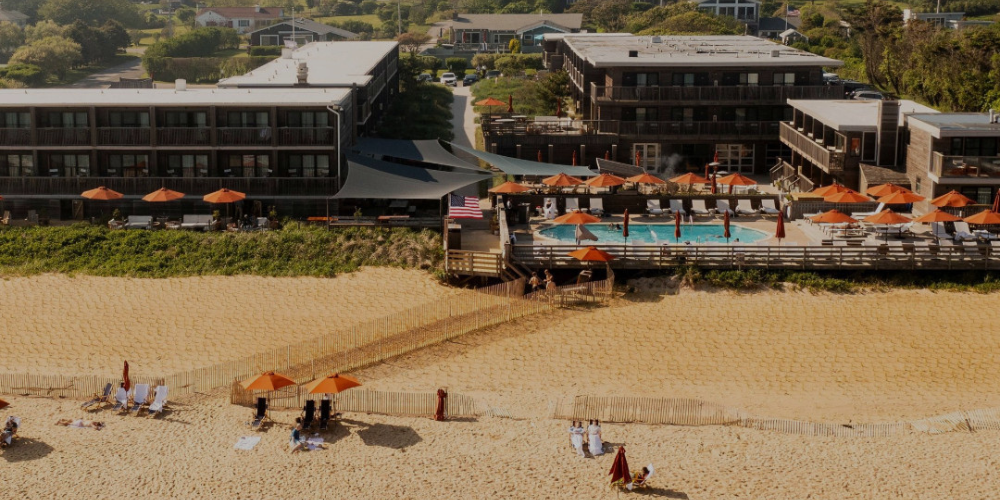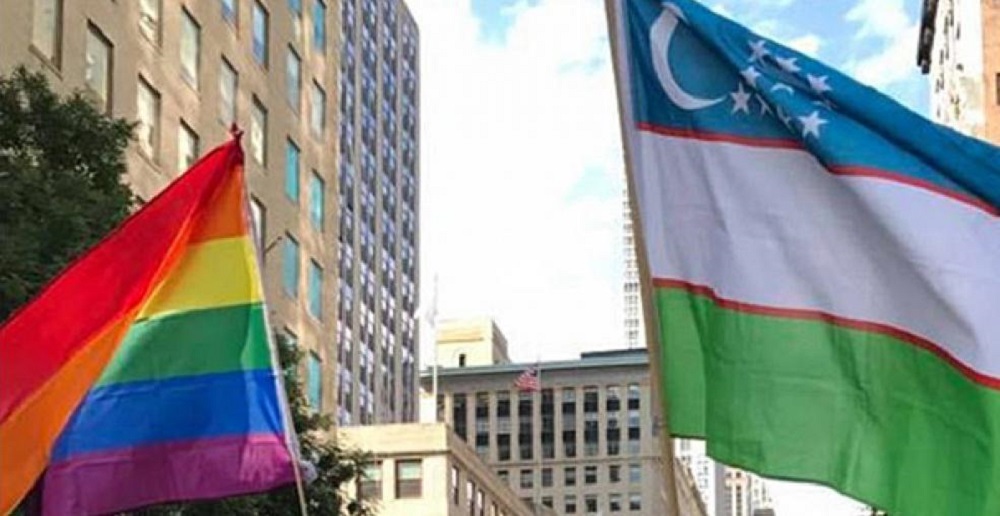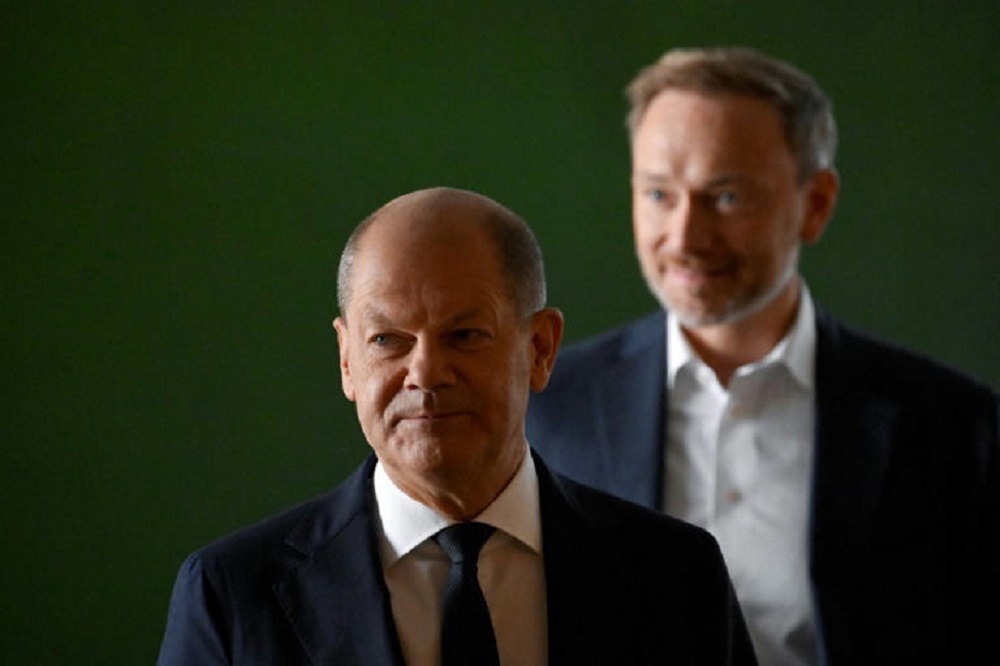The LGBTQI+ community has been fighting for their rights for a long time. Europe has seen both progress and setbacks in terms of LGBTQI+ rights. The LGBTQI+ community is not treated equally throughout Europe. However, Malta is the front-runner for the largest number of LGBT rights - but Poland ranks last.
Now, let’s take a look at the current state of LGBTQI+ rights in Europe and how Malta leads while Poland lags.
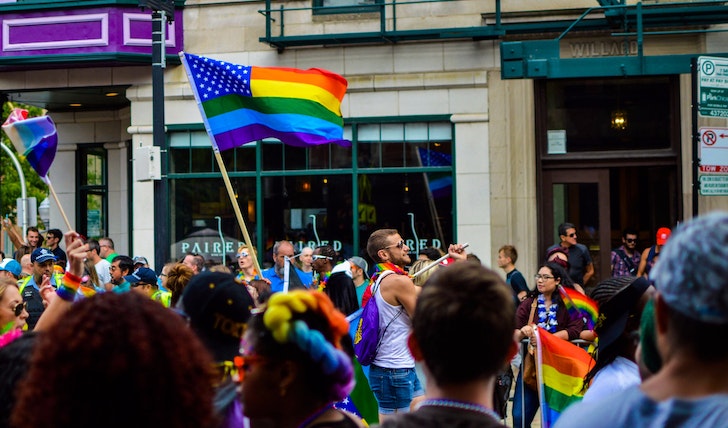
Worth / Pexels / When it comes to Europe, it is a cauldron of differing LGBTQI+ legislation and each country has its own approach.
Malta: Highest on the LGBTQI+ Rights Index
Malta tops the charts when it comes to LGBTQI+ rights. After legalizing gay marriage in 2017 and the inclusion of gender identity and sexual orientation in hate crime laws in 2018, the Gender Identity, Gender Expression, and S*x Characteristics Act of 2015 recognized gender identity and gender expression explicitly.
That makes it illegal to surgically, chemically, or otherwise sterilize transgender people in the country without their free, informed, and specific consent. A new Gender Identity, Gender Expression, and S*x Characteristics Act is being proposed. Likewise, Malta is also the first country to ban conversion therapy nationwide, putting pressure on other countries across Europe to follow suit.
Furthermore, Maltese law recognizes the right to legal gender recognition, and LGBT discrimination is prohibited in the provision of goods and services.
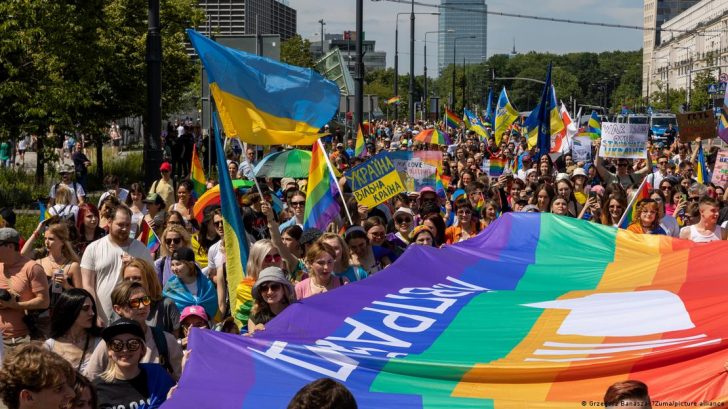
BBC / Thanks to its progressive measurements, Malta takes the lead in Europe on LGBTQI+ rights.
Netherlands: Leading the Fight in Schools
Dutch educators have developed curricula for both primary and secondary schools, promoting inclusivity. A child’s gender identity should be respected, and that gender "non-conformity" should be allowed to flourish.
To ensure support for the LGBTQI+ community, schools are advised to demonstrate an inclusive attitude towards pupils of all s*xual orientations and gender identities.
United Kingdom: A Collision of Religious Beliefs
The United Kingdom, particularly England, Scotland, Wales, and Northern Ireland have had varying degrees of success in the fight for LGBTQI+ rights. There has been significant progress. These include the right to marry same-gender couples, equal adoption rights, and discrimination against individuals based on s*xual orientation or gender identity.
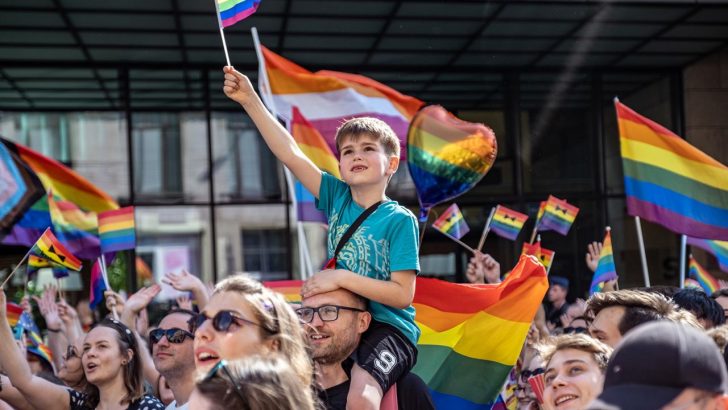
US Sun / As of the latest updates, the U.K. is no farther in ensuring LGBTQI+ rights.
The Equality Act 2010 also prohibits discrimination based on the s*xual orientation and gender identity of individuals in the provision of housing, renting, and accessing private and public services. Recent issues have arisen in colleges and universities where religious groups have blocked LGBTQI+ events.
Poland: Failing to Protect the LGBTQI+ Community
Compared to the rest of Europe, Poland’s LGBTQI+ rights are severely lacking. More than 100 local authorities in Poland have declared themselves as LGBTQI+ free zones, and as a result, LGBTQI+ individuals experience discrimination and harassment regularly.
Furthermore, Poland ranks among the bottom two countries in ILGA Europe’s Rainbow Map ranking, with only Azerbaijan being below them. Authorities in Poland have been criticized for failing in their duty to protect members of the LGBTQI+ community from hate crimes with little being done to bring those responsible for them to justice.





